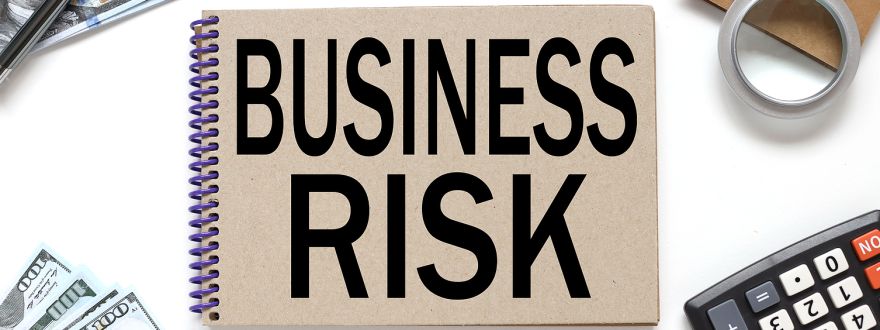
Unraveling Insurance Fraud: Examining its Nature and Alleged Surge
Insurance is designed to provide financial security and peace of mind to individuals and businesses when unexpected events occur. However, as with any system, there are individuals who attempt to exploit it for personal gain. This dark underbelly of the insurance industry is known as insurance fraud. In recent years, concerns have arisen about the potential rise of insurance fraud and its impact on both insurers and policyholders.
Understanding Insurance Fraud
Insurance fraud refers to the deliberate act of providing false or misleading information to an insurance company to obtain benefits that would not have been granted under truthful circumstances. This can involve inflating the value of a claim, misrepresenting the nature of a loss, staging accidents, or even fabricating injuries. Essentially, insurance fraud is a breach of trust that has far-reaching consequences for both insurers and the general public.
Forms of Insurance Fraud
Auto Insurance Fraud: This type of fraud includes staged accidents, where individuals intentionally cause collisions to file fraudulent claims for injuries or vehicle damages that never occurred. It also involves inflating the cost of repairs or exaggerating the extent of injuries.
Health Insurance Fraud: This occurs when individuals provide false information about medical conditions or treatments to receive reimbursements for medical expenses that were never incurred. This form of fraud can also involve identity theft and prescription fraud.
Property Insurance Fraud: Inflating the value of property damage claims or claiming items that were never lost or damaged fall under this category. Arson and intentionally causing property damage to collect insurance payouts are also forms of property insurance fraud.
Workers' Compensation Fraud: This happens when employees fake or exaggerate injuries to claim workers' compensation benefits. This can result in higher premiums for businesses and a drain on the workers' compensation system.
The Potential Rise of Insurance Fraud
Determining whether insurance fraud is on the rise is a complex task. While no definitive data can be provided due to the lack of real-time statistics beyond September 2022, there are a few factors that could contribute to an increase in insurance fraud:
Technological Advancements: As technology evolves, fraudsters are finding new ways to exploit systems. The digital age has given rise to cyber insurance fraud, where hackers manipulate online systems to gain unauthorized access and claim damages.
Economic Pressures: During times of economic hardship, individuals might resort to insurance fraud as a means to cope with financial difficulties.
Sophisticated Fraud Schemes: Fraudsters are becoming increasingly adept at creating sophisticated schemes that can be difficult to detect, making it harder for insurance companies to identify fraudulent claims.
Awareness and Reporting: Increased awareness of insurance fraud and its various forms might lead to more instances being reported, giving the impression of a rise even if the actual number of cases hasn't changed significantly.
Combating Insurance Fraud
Insurance companies, along with law enforcement agencies, have implemented various measures to combat insurance fraud:
Advanced Analytics: Insurers are employing data analytics to identify patterns and anomalies that may indicate fraud.
Insurance fraud poses a significant threat to the integrity of the insurance industry and the financial well-being of policyholders. While claims of an increase in insurance fraud may be fueled by various factors, including technological advancements and economic pressures, a comprehensive assessment of its actual rise requires up-to-date data beyond September 2021. As the insurance landscape continues to evolve, the battle against fraud remains a priority to ensure that the benefits of insurance are accessible to those who genuinely need them.






